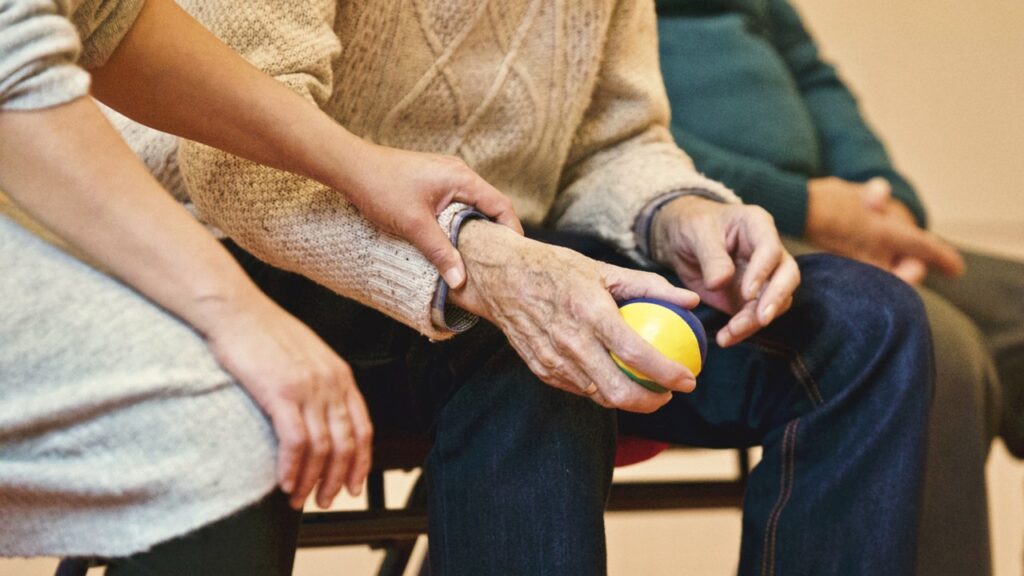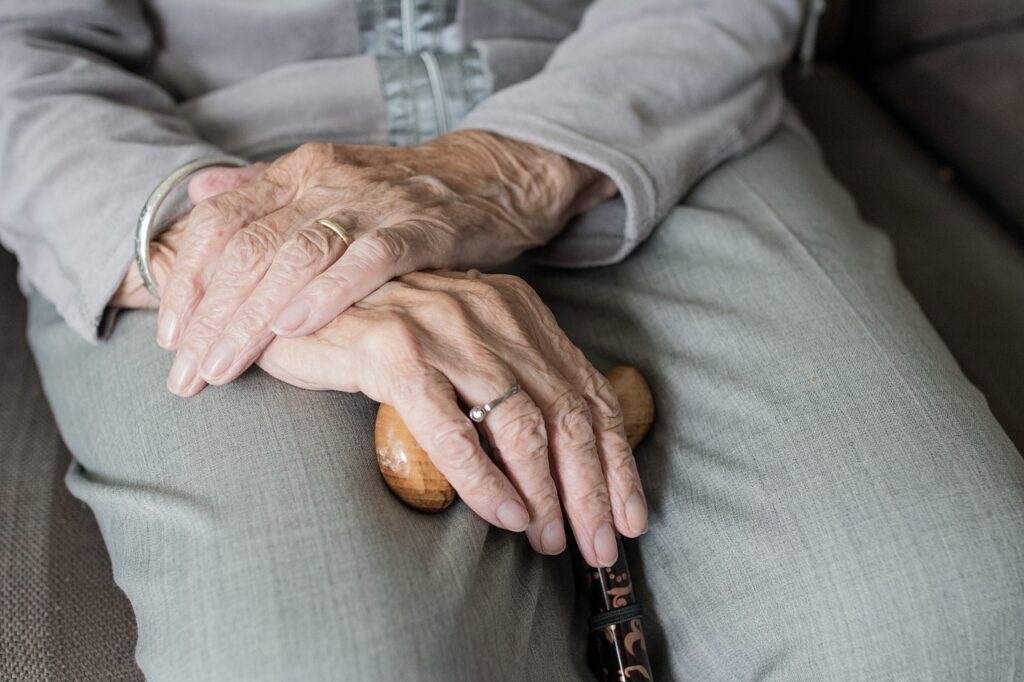
You are correct that staying properly hydrated is particularly important during the summer months. Warmer temperatures and increased physical activity can lead to more fluid loss through sweating, making it essential to replenish fluids to maintain optimal health and well-being.
Here are some tips to ensure adequate hydration during the summer:
Drink plenty of water:
Water is the best and most natural choice for staying hydrated. Carry a water bottle with you and sip on it throughout the day, especially when you’re outdoors or engaging in physical activities.
Increase water intake in hot weather:
In hot and humid weather, you may need to drink more water than usual to compensate for increased sweat loss. Pay attention to your body’s thirst cues and make an effort to drink water even if you don’t feel particularly thirsty.
Hydrate before physical activity:
If you’re planning to engage in outdoor activities or exercise, drink water before you start. This helps ensure you begin in a properly hydrated state.
Replace electrolytes:
When you sweat, you lose not only water but also important electrolytes like sodium, potassium, and magnesium. Consider hydrating with sports drinks or coconut water, which contain electrolytes, especially during prolonged or intense physical activities.
Eat hydrating foods:
Include hydrating foods in your diet, such as watermelon, cucumbers, oranges, strawberries, lettuce, and celery. These fruits and vegetables have high water content and can contribute to your overall hydration.
Limit caffeine and alcohol:
Beverages containing caffeine or alcohol can have a diuretic effect, increasing urine production and potentially leading to dehydration. If you consume caffeinated or alcoholic drinks, balance them with extra water intake.
Set reminders:
It can be easy to forget to drink enough water throughout the day. Set reminders on your phone or use apps to prompt you to drink water at regular intervals.
Monitor urine color:
One way to gauge your hydration status is by checking the color of your urine. Clear or pale yellow urine indicates proper hydration, while darker urine may be a sign of dehydration, indicating the need for increased fluid intake.
Remember that individual hydration needs can vary based on factors such as age, weight, activity level, and overall health. If you have specific medical conditions or are taking medications that affect your fluid intake, it’s advisable to consult with a healthcare professional for personalized hydration recommendations.
Need advice on caring for your aging parents? Give us a call at 916-524-5151.












Stay Up To Date With AWGCM